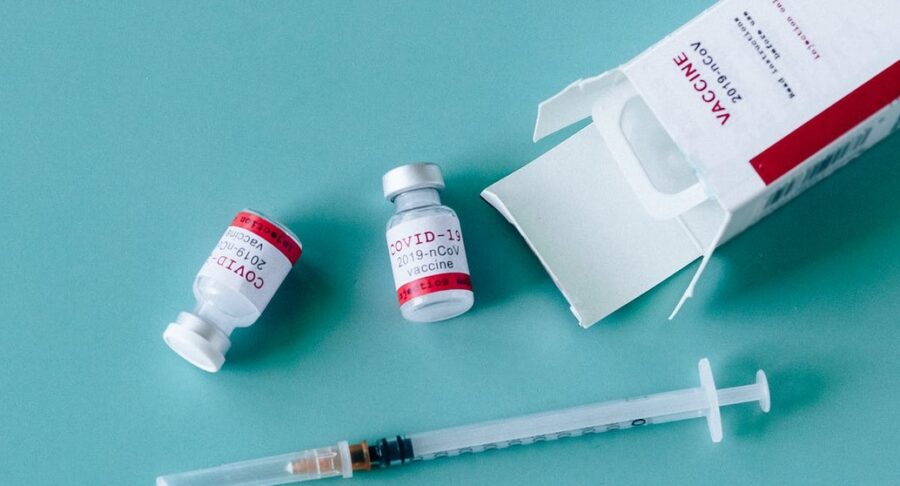NordenBladet – The government on Thursday decided to allow people to get AstraZeneca and Janssen coronavirus vaccine booster doses five months after receiving the second shot, down from the recent six months. The European Medicines Agency (EMA) sales permit for the vaccines prescribes a waiting period of six months. The Estonian State Agency of Medicines said that how to solve problems caused by side-effects in this case still needs to be analyzed.
The booster dose waiting period has been changed three times in the last month in Estonia. While people were initially told they need to wait eight months after getting their second shot, this was shortened to six months in late October, with people vaccinated using AstraZeneca and Janssen vaccines told two days ago that waiting five months is enough. The vaccines’ marketing authorization issued by the European Medicines Agency prescribes a six-month break from the second dose.
“Data from Israel clearly shows that a five-month vaccination interval proved successful at preventing severe cases,” said Marje Oona, member of the Estonian immunoprophylactic expert committee.
“The European Medicines Agency failed to consider data from Israel. The immunoprophylactic committee can, based on Estonia’s epidemiological situation, decide that it is sensible to offer booster doses of AstraZeneca and Janssen vaccines after five months,” Oona said.
She said there is no conflict with EMA as national expert bodies can issue recommendations based on the epidemiological situation in the country. Oona gave the example of Finland that decided in spring people need to wait longer for third doses of the Pfizer vaccine.
“On the other hand, we have no reason to believe the vaccine is somehow more dangerous when administered a little sooner. It is a question of effect – whether the immune response is triggered at the right time or whether it is created too soon, when the person still has antibodies,” said Ott Laius, head of the pharmaceutical safety department of the State Agency of Medicines.
Laius said existing data suggests third doses produce the same side-effects as the previous ones. Serious side-effects require the person to turn to the manufacturer after which the state and the pharmaceutical manufacturer will decide how to solve the problem for the person.
Laius could not say what effect Estonia’s decision of a shorter waiting period could have on such resolutions.
“It needs to be determined now. It requires calm deliberation and decisions,” Laius said.
Information available to ETV news program “Aktuaalne kaamera” suggests a major immunization center has offered booster doses to people who got their second shot a mere four and half months ago. Marje Oona said that while there is no additional risk involved, such conduct is not practical either.
“The resulting immunity might not be as strong after a shorter waiting period, which I why I would recommend against getting these shots with short intervals,” she said.
Featured image: Pexels
